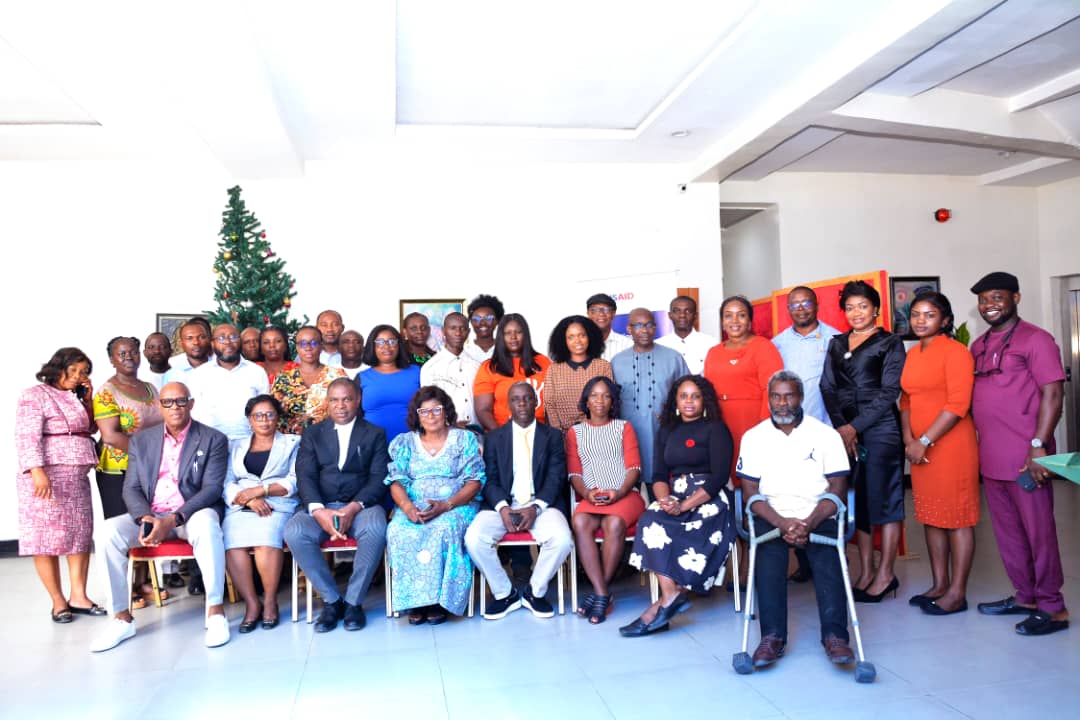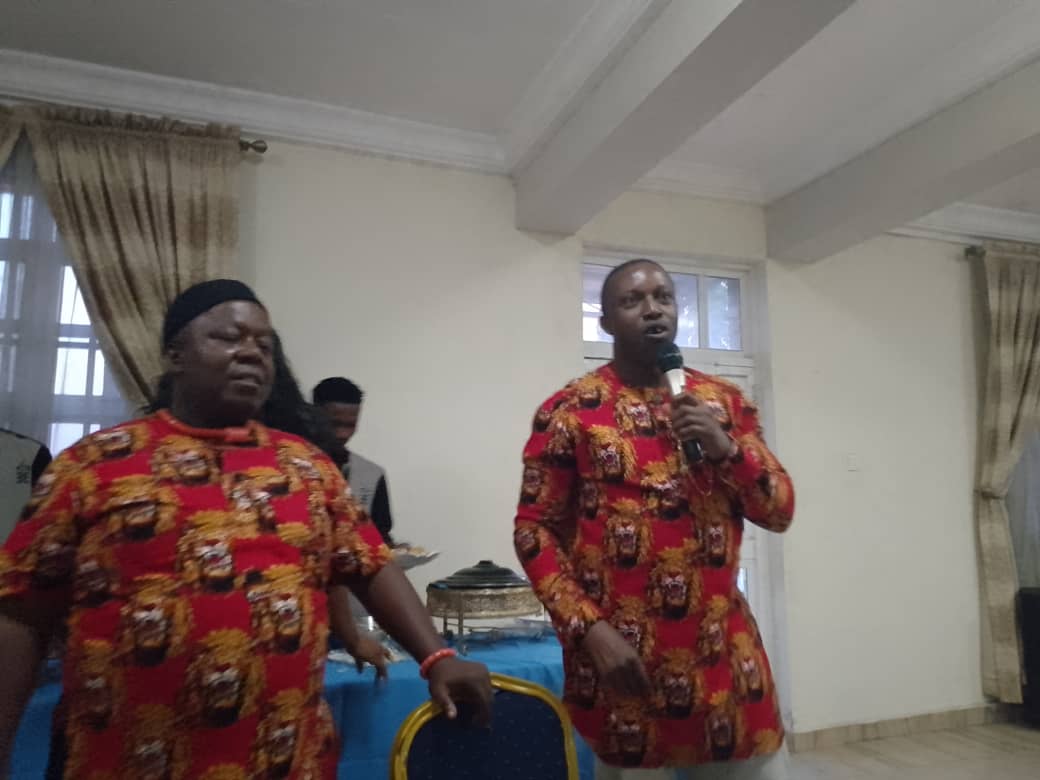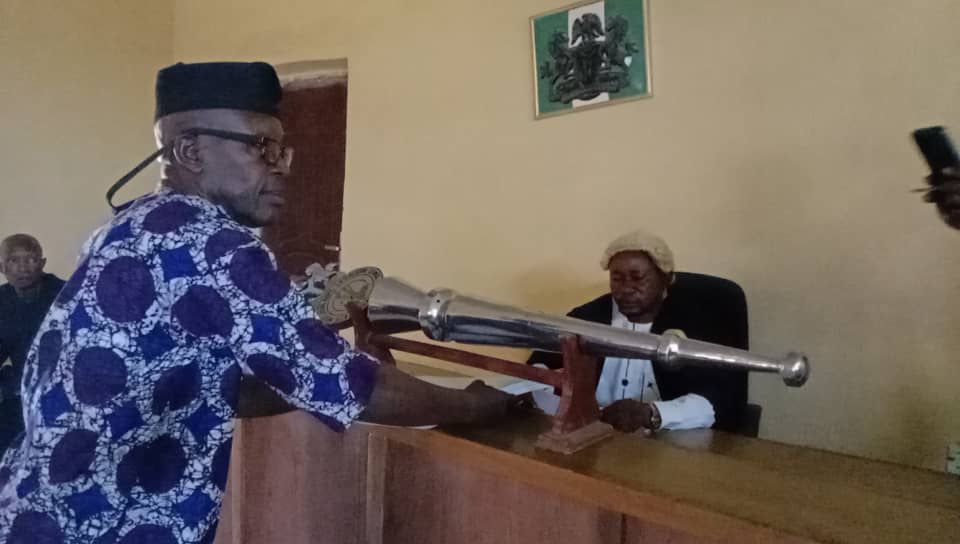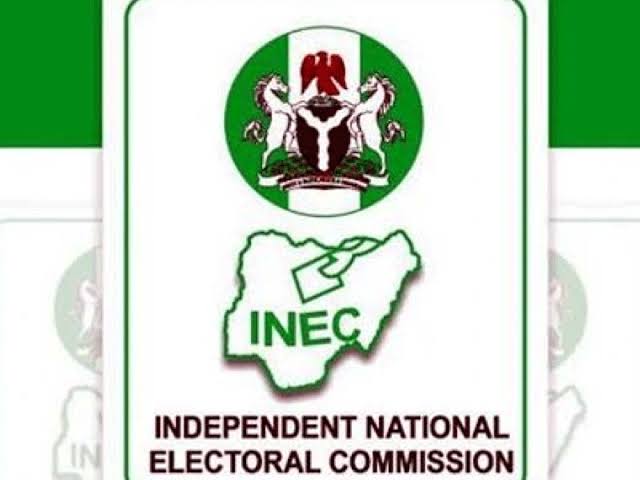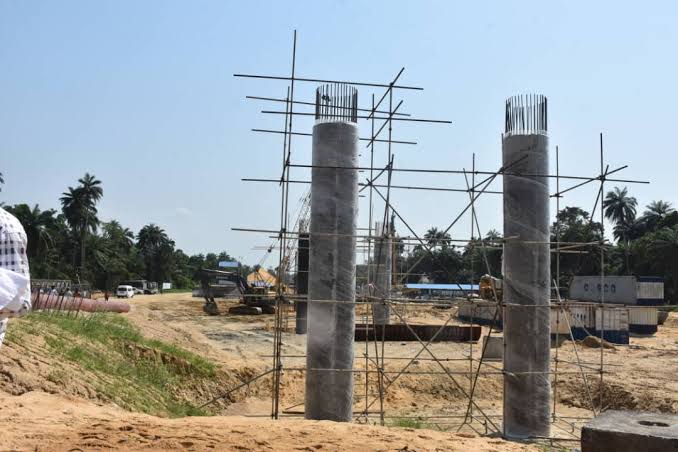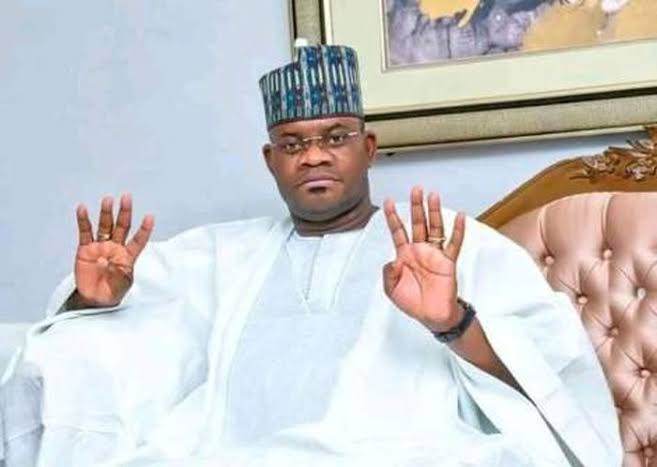By Theresa Donatus, Uyo.
In a bid to tackle pressing issues of governance and conflict resolution, the United States Agency for International Development (USAID) Nigeria’s State2State activities has identified Dialogue as the key to conflict mitigation and prevention in Akwa Ibom State.
In a two-day engagement which brought together key stakeholders to explore strategies for promoting peace, fostering inclusivity, and enhancing state governance, with a focus on empowering marginalized groups and preventing violence.
In his opening remarks, Mr. Borve Paago-Imabel, the State Team Lead for State2State Akwa Ibom, emphasized the program’s commitment to strengthening public financial management, improving sectoral governance in education, healthcare, and WASH (Water, Sanitation, and Hygiene), and enhancing citizen-government engagement.
He noted that conflict prevention is central to the program’s mission, urging stakeholders to prioritize peacebuilding as a strategy for promoting both social stability and economic growth.
“The challenges facing Akwa Ibom are not just about governance, but about fostering a culture of cooperation and understanding across all levels of society,” Paago-Imabel stated.
He called for proactive measures to prevent conflicts, such as early interventions and conflict-sensitive governance strategies, warning that unchecked conflict could disrupt the state’s economic and social development.
Throughout the meeting, participants discussed the critical role of dialogue in resolving conflicts and promoting cooperation among various groups.
Mr. Cosmos Dinee, a Conflict Specialist with USAID Nigeria, underscored that dialogue is an effective and non-confrontational approach to addressing conflicts. “Dialogue opens the door for empathy and shared learning, making it the best tool for conflict resolution and preventing further violence,” he said.
The dialogue also focused on the importance of inclusive governance, especially when it comes to empowering marginalized groups such as women, the elderly, and persons living with disabilities.
It was emphasized that integrating targeted empowerment programs for these groups into the state’s development plans is essential for fostering a more cohesive and stable society.
At the end of the workshop, several key recommendations were made to improve conflict prevention and governance in Akwa Ibom.
These included embedding empowerment programs for women, people with disabilities, and the elderly into the state budget and development projects, Encouraging continued partnership between civil society organizations, government agencies, and the media to ensure active citizen participation and government accountability, and thirdly, The prompt and consistent payment of pensions and gratuities was identified as a key aspect of conflict prevention, providing financial stability for vulnerable populations.
A call for greater collaboration between state and local governments to ensure that the needs of citizens are prioritized in local development projects.
The dialogue also addressed the importance of addressing broader societal issues that contribute to conflict, such as the treatment of expatriates in Nigeria.
Disparities in wages and service charges, particularly when compared to countries like Indonesia and Papua New Guinea, were discussed, with a call for greater transparency and fairness in hiring practices.
It was gathered that women’s empowerment, particularly the representation of women with disabilities in the media, should be considered; noted that women with disabilities are often portrayed through a charitable lens, which limits the recognition of their leadership potential and abilities.
Participants called for a shift in media narratives to better highlight the capabilities of women with disabilities and provide them with platforms to showcase their leadership skills.
Participants also discussed the media’s treatment of cultural issues affecting women, such as witchcraft and childbirth. It was proposed that the media broaden its focus to include a wider range of issues impacting women beyond politics, ensuring that social and cultural challenges are also addressed.
Several actionable steps were agreed upon to address the issues raised during the meeting, such as Analyzing the feedback from the Conflict Mitigation Committee, examining the root causes of electoral violence, and Clarifying the payment timelines for state employees, including the 13th-month and December salaries.
The meeting also outlined the importance of gender equality in education, proposing mixed-gender training programs in schools to foster collaboration and prevent conflicts. It was agreed that empowering children to recognize their rights is essential to building a future generation of leaders who can advocate for peaceful solutions.
The dialogue reaffirmed the need for locally-driven solutions to conflicts, with a strong focus on inclusive governance and the active involvement of all sectors of society.
Mrs. Joy, a participant, commended the State2State activities for its efforts to amplify the inclusion of persons with disabilities in governance and urged continued conversations around inclusive practices.
The dialogue concluded with a renewed commitment to peacebuilding, emphasizing that inclusive governance and citizen engagement are essential for creating a stable and prosperous future for Akwa Ibom State.






